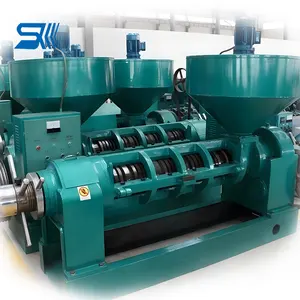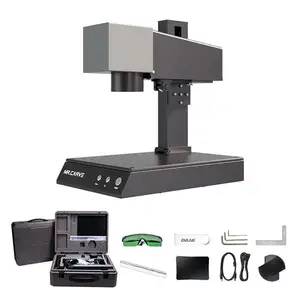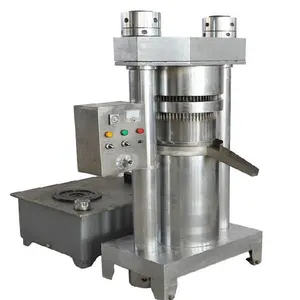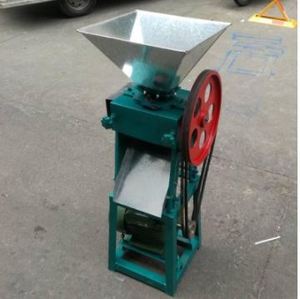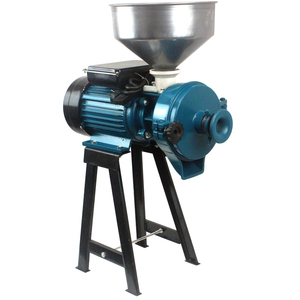Popular in your industry



































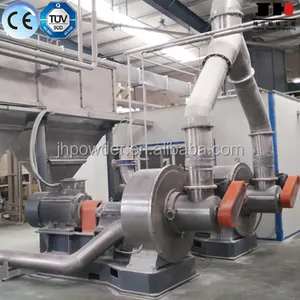

















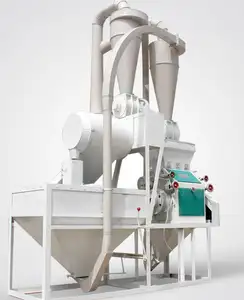



Related Searches:











































































































Top categories
About commercial wheat milling machine
The commercial wheat milling machine is a heavy-duty piece of equipment specifically designed for the large-scale processing of wheat grains into flour. It plays a crucial role in the food production industry by automating and streamlining the milling process. This wheat flour machine for commercial use is engineered to handle the high-volume demands of commercial bakeries, food production facilities, and industrial settings. The machine typically features a robust construction, advanced milling mechanisms, and the capacity to produce significant quantities of wheat flour consistently.
Types of commercial wheat milling machines
There are several types of commercial wheat milling machines, each catering to specific production needs. The first type is the stone mill, which employs traditional stone grinding to produce flour. The second type is the roller mill, which uses a series of rollers to crush the wheat grains and separate the components. The third type is the hammer mill, which utilizes rotating hammers to pulverize the grains. The fourth type is the disc mill, which involves grinding the grains between two plates. The fifth type is the impact mill, which uses impact and friction to break down the grains. The sixth type is the air classifier mill, which combines milling and air classification to produce fine flour.
Features of commercial wheat milling machines
Commercial wheat milling machines are equipped with features that enhance efficiency, performance, and overall functionality. These features contribute to the machine's ability to meet the rigorous demands of commercial production while ensuring the quality of the end product. One key feature is the powerful motor, which provides the necessary torque and speed to process large quantities of wheat grains. Additionally, these machines often incorporate advanced control systems, such as digital displays and user-friendly interfaces, allowing operators to monitor and adjust the milling process with precision. Many wheat grinding machines for business are designed for durability, using high-quality materials that can withstand continuous operation in demanding environments. Furthermore, these machines may have customizable settings to achieve the desired flour fineness. Some models may also have safety features, such as emergency stop buttons and overload protection, to ensure a safe working environment.
Advantages of a commercial wheat milling machine
There are several advantages offered by commercial wheat milling machines. Their notable feature is their ability to streamline the wheat milling process, significantly increasing efficiency and output compared to traditional milling methods. This reduced processing time allows businesses to meet the demands of the market and optimize their production. The machines also maintain consistent flour quality, ensuring that the end product meets the desired standards. Another advantage is the adaptability of these machines, as they can be tailored to produce different types of flour, catering to the diverse needs of the food industry. This flexibility enables businesses to diversify their product offerings and explore new market opportunities. Furthermore, the automation of the milling process reduces the dependence on manual labor, enhancing overall operational efficiency and reducing labor costs. The use of commercial wheat milling machines also results in minimal waste generation due to their ability to extract maximum flour yield from the grains. This not only contributes to cost savings but also aligns with sustainable and environmentally friendly practices, which are increasingly valued in the modern food industry.



